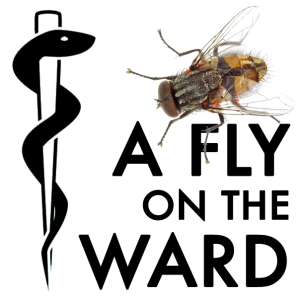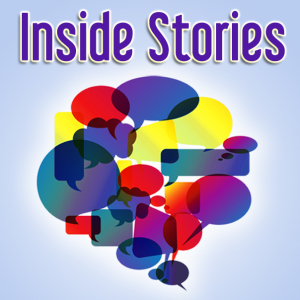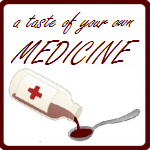Cackles
“This can be a depressing specialty at times; we laugh to stay sane,” my attending explained as I stared in dismay at the cackling residents and faculty after one of them made a rude comment about their patient. This was the first day of my rotation on this service and I was very disappointed. Still brimming with the ideals of professionalism taught in the first two years of medical school, the scenario I witnessed seemed …



